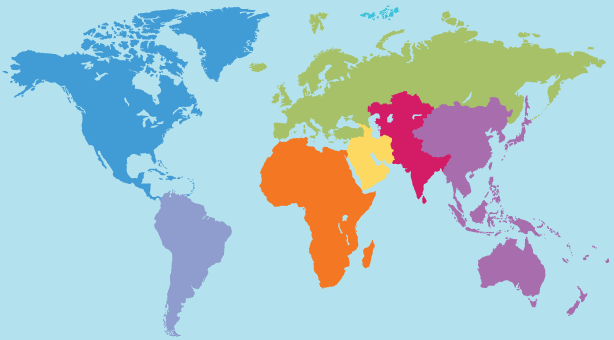Introduction
Since the emergence of internet, the computer technology with the essence of telecommunication that enabled us to socially interact more than ever before, the world has witnessed immense changes within the society, politics, economics, and business; and the way we interact with them. It helped us to "connect" the worlds, replacing the physical gaps between each country with the telecommunication and internet access. The digital advancement also enabled the market places to go international, creating 'global markets' with minimum costs and minimum physical barriers. These phenomenons have created what is called "globalism", the idea of serving the interests of "entire world" over those of individual nations. However, at the same time, despite all the benefits that could be gained through digital technology it also has raised debates over "economic and political divides translated into" a "Digital Divide". (Robison, and Crenshaw 34) This paper will discuss what the "Digital Divide" is and how they are used; how and why the digital divide is caused; how it affects today's social agents within education and politics, as well as the globalism that became famous practice among business and global market; and what are the short and long consequences of "digital divide".

